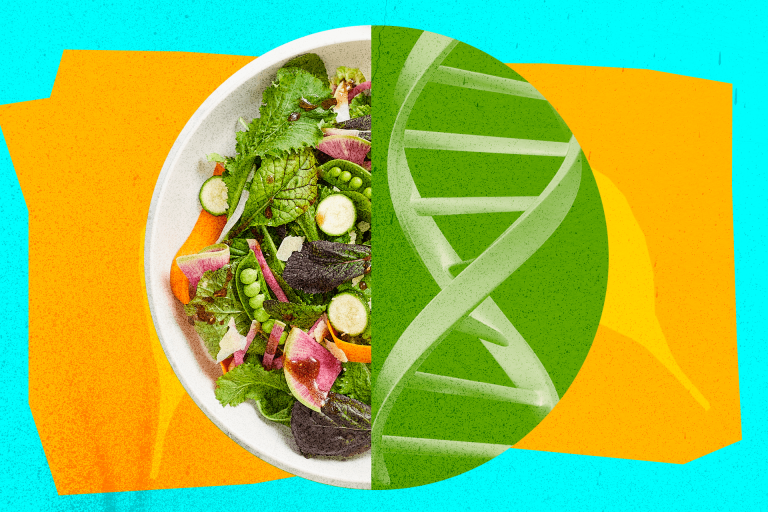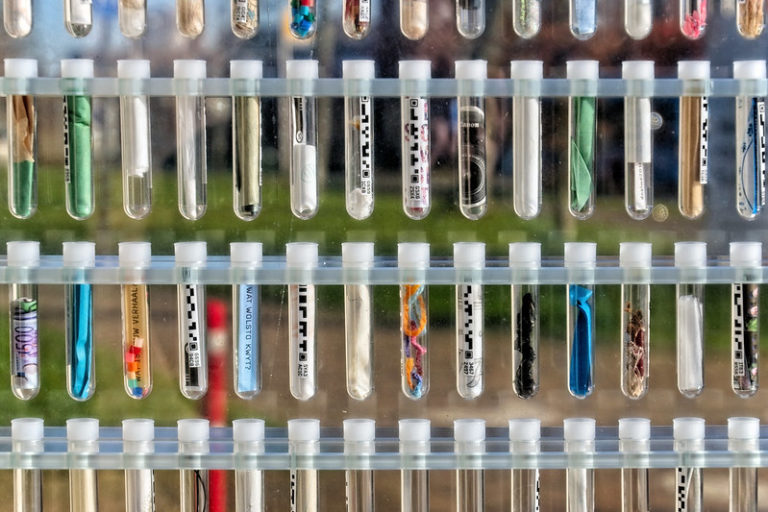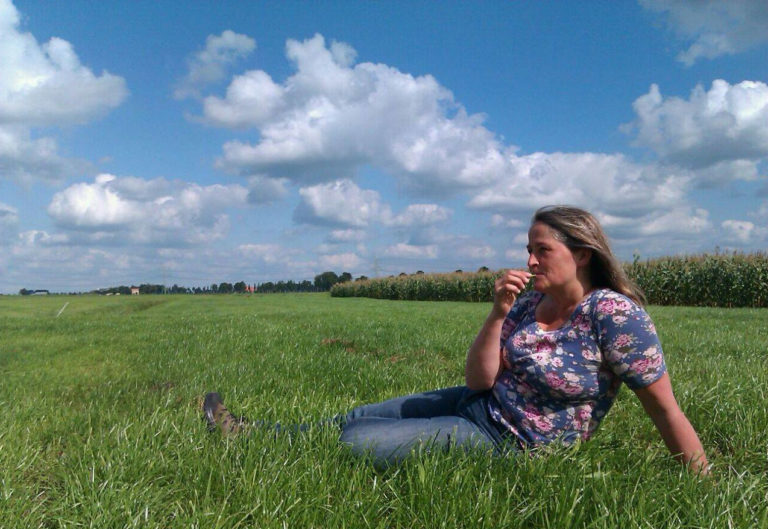News
Austria attempts to clarify the patentability of living matter

The old Austrian law excluded from patentability essentially biological processes (EBPs) for obtaining animals and plants “based on natural phenomena such as crossing or selection”. It also excluded animals and plants obtained exclusively by such processes.
Defining the contours of patentability
Prompted in particular by the NGO Arche Noah, an Austrian association for the conservation and development of the diversity of cultivated plants, and numerous “intermediate size” seed companies, the new Austrian law once again specifies the scope of patentable subject matter in the field of living organisms [1]. From now on, this will also include “plant and animal parts obtained exclusively by essentially biological processes insofar as they can be regenerated into plants or animals” (Article 2 § 2 al. 2). The legislator’s intention is therefore to clarify that this exclusion is not limited to animals and plants, but also to any organism, such as a seed or gamete, derived from them that could be used to regenerate them.
Another new feature is the redefinition of “essentially biological process”. Such a process is still defined as being “entirely based on natural phenomena such as crossing and selection”. However, this new law adds that a process based on “non-targeted mutagenesis or naturally occurring random genetic variations” must also be considered as an essentially biological process. Arche Noah has confirmed that no definition of these terms has been provided by the Austrian legislator.
The new law specifies that the exclusions in Article 2 § 2 para. 2 “do not affect the patentability of inventions […] which have as their subject matter plants or animals obtained by non-directed mutagenesis for purposes other than agricultural, forestry or horticultural purposes”. We can therefore conclude that a dwarf pet elephant or phosphorescent aquarium fish obtained by “undirected mutagenesis” remain patentable under Austrian law. In other words, the Austrian government’s position on the patentability of GMOs varies according to the economic sector concerned.
The new Austrian law also introduces, in its new amended article 22, provisions for users “of biological material” potentially covered by patents. The Austrian legislator has decided to extend the “breeder’s exception” introduced in the European unitary patent to all patents used in Austria. This exception states that the rights conferred by a patent do not extend to the use of (patented) biological material for the following purposes research, selection and development of a new plant variety. For example, a breeder will be able to develop a tomato resulting from a cross between a variety containing a gene patented by a third party (conferring tolerance to a herbicide, for example) and an old variety without the patent holder being able to object. On the other hand, the marketing of the new tomato, its reproductive organs (seeds, plants, etc.) and the products made from them will have to be authorised by the patent owner. The patent owner can then demand royalties or have a licence agreement signed. It therefore seems clear today that breeders and plant breeders should no longer be constrained in research and breeding work involving patented biological material.
An initiative supported by NGOs and parliamentarians
Arche Noah has publicly asserted its role as a player in the parliamentary negotiations surrounding this new law. Its seed policy officer, Dagmar Urban, explains that this law is partly the result of a compromise with the industry, in particular the exclusion of plant and animal parts obtained exclusively by essentially biological processes insofar as they can be regenerated into plants or animals. Industry does not want to be denied the possibility of patenting elements that cannot on their own enable the regeneration of a plant or animal, such as a gene.
Dagmar Urban also discusses the new definition of “essentially biological process” and its application by the European Patent Office (EPO): “In view of the G3/19 decision of May 2020, we didn’t even think that European patents could still be granted by the EPO with such broad scopes, and including in particular naturally occurring random genetic variations. That’s why we insisted on obtaining an explicit exclusion for this type of invention”.
The Arche Noah association was not alone in proposing these changes. “This initiative was supported by the whole of Austrian politics, with the exception of the FPÖ, a far-right nationalist party”, comments Dagmar Urban. “The FPÖ is not in favour of GMOs, it simply voted against the patent law. We don’t know exactly why, but in parliament it says it shares the objectives but not the way in which the law seeks to achieve them”, she adds. This objective of legislating in favour of limiting patent rights has been defended in particular by the Austrian People’s Party (ÖVP) – a conservative right-wing partyvia its MP Georg Strasser, also also President of the majority farmers’ union Bauernbund, aswell as The Green Party (Die Grünen), via its MP Clemens Stammler.
We spoke to Magdalena Wagner, Agriculture and Environment Councillor for the Austrian Green Party. She told us about the background to the negotiations between the various parties and the issues surrounding the divisive question of the patentability of “conventional breeding” : “Since the 2019 elections, the Austrian government has been formed by a coalition between our party, the Greens, and the conservative Austrian People’s Party (ÖVP). Every time we propose a law to parliament, we need to negotiate with the ÖVP beforehand. Leonore Gewessler, the Environment Minister, who is also in charge of patents, comes from our party. She worked with the Austrian Patent Office on this new law. As industry was hesitant, we negotiated to obtain definitions that gave industry sufficient freedom, but that were also clearer for agriculture. We managed to agree on a definition of “essentially biological process” excluding in particular the natural mutations and random mutagenesis on which patents are based by exploiting the legal loopholes in European law [Editor’s note: there is now an ongoing debate about the interpretation of the term “random mutagenesis”, in particular whether it covers a technical or essentially biological method]. To my knowledge, no other law There is no such provision in the European definition of essentially biological processes“.
What impact and applicability does this law have?
Although this new law – the result of several years of negotiations – is limited to Austrian territory, opponents of the patentability of living organisms see it as a message addressed to other European jurisdictions and institutions that grant patents. The European coalition No Patent On Seeds (NPOS), of which Arche Noah is a member and which regularly opposes European patents on plants, comments: “patents such as those granted by the European Patent Office (EPO) in recent
years on, for example, malting barley and maize [2], can no longer be granted in Austria. Even if the [new] [Austrian] law is not binding on future EPO decisions, it sends a clear signal at European level in favour of a general ban on patents on conventional breeding”.
For NPOS, random mutagenesis therefore remains in the realm of conventional breeding. It should be noted that the interpretation of such terms allows certain seed companies, for example, to describe as non-GMO plants derived from recent in vitro mutagenesis techniques, which are technically no more random or ancient than transgenesis or most of the so-called directed mutagenesis techniques clearly considered by European law as producing GMOs.
Technically, a European patent designating Austria and covering such inventions – or any invention based on the new exclusions from patentability – will logically no longer be enforceable on Austrian territory, particularly against breeders. But according to some legal experts, industrialists could come back through the window by using the unified European patent, which came into force on 1 June 2023 [3].
It is not yet clear whether this law will be emulated in other European jurisdictions. Nor can we say whether in the long term it will eliminate the legal risk that small European seed and plant breeders have long faced: unintentional patent infringement [4]. On the other hand, it is regrettable that random or “undirected” mutagenesis is equated with an essentially biological process. Indeed, while random mutations can occur naturally, for example as a result of solar radiation, random mutagenesis cannot be considered as such as an essentially biological process since, as defined by the EFSA (European Food Safety Authority), it involves using either physical processes such as irradiation, or chemical products to bring about genetic modifications.
[1] Austrian Government, [2] ,
, « Ambivalences autour d’une opposition à un brevet de KWS », Inf’OGM, 16 May 2023
[3] CMS Law Now, “No Patent on Life’ – Unitary Patent to circumvent Austrian’s latest amendment to Patent Act?”, 30 May 2023 (accessed 7 June 2023)
[4] , « Brevet & OGM : le système alimentaire sous contrôle », Inf’OGM, 10 January 2023














